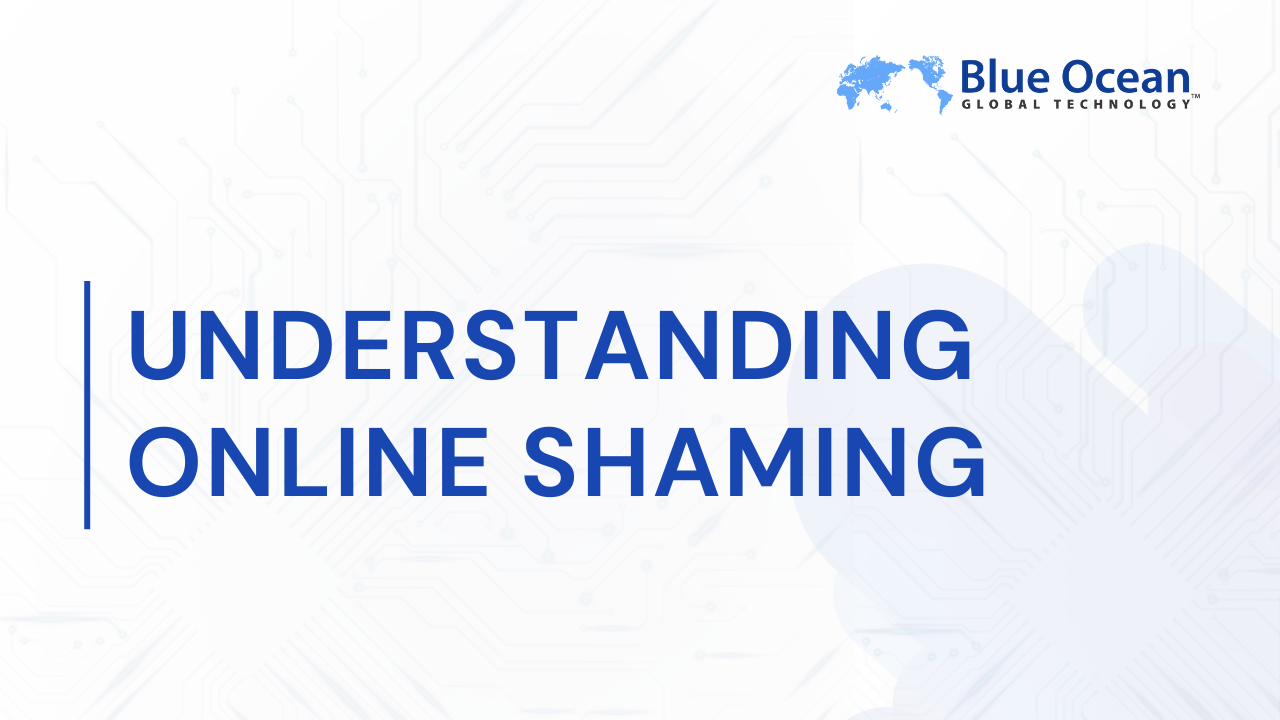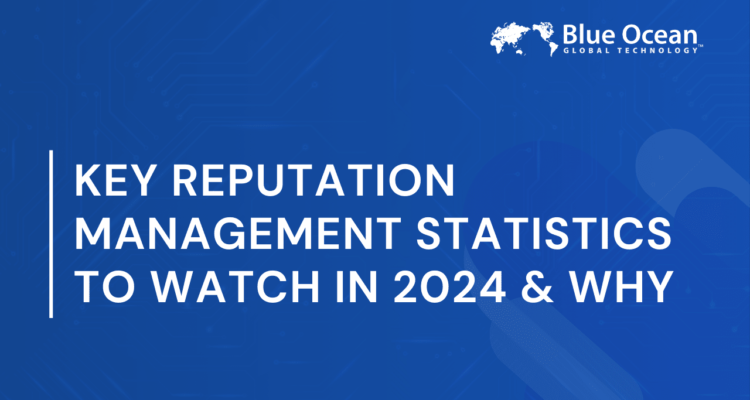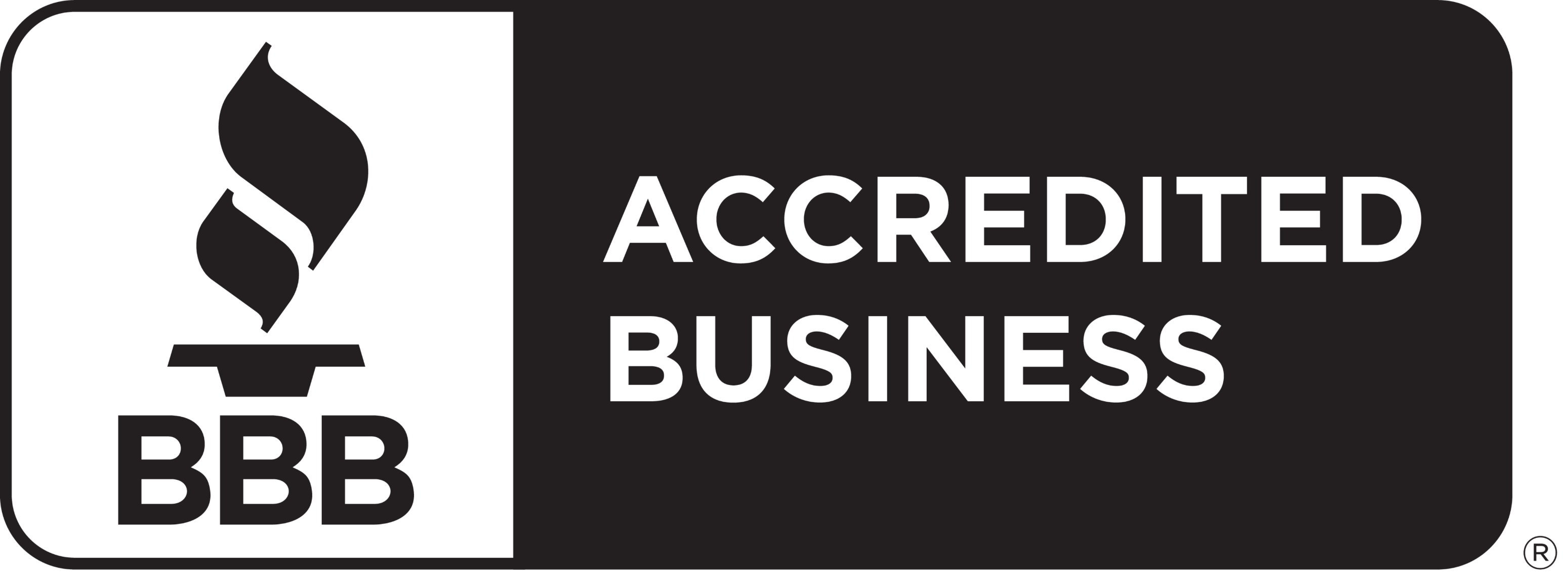What is Online Shaming?
It is a form of public humiliation online, where one is either mocked or ostracized for their actions. Online Shaming can involve anything from minor social media criticism to intense, organized harassment. The practice usually comes with the exploitation of personal information and the amplification of past mistakes against the individual. This may further have serious consequences such as damage to reputation, emotional distress, and even loss of a job.
Source: Freepik
The Psychological and Social Impact of Online Shaming
Public humiliation on this scale can be extremely distressing, even leading to attempts at suicide. Victims are often subjected to a relentless bombardment of harassment, which generally has long-term repercussions on their emotional well-being.
Cyberbullying of this nature can lead to the victim facing ostracization from their communities, friends, and even family members. Furthermore, its public nature can damage professional reputations, leading to strained social interactions and a loss of support systems.
The impact of online shaming affects careers too, leading to job loss and difficulties in securing future employment. This can result in victims facing financial instability and an uncertain future.
Legal Landscape of Online Shaming
1. Defamation
This popular form of online shaming involves false statements harming someone’s reputation on social media. Public figures face a higher burden of proof as they must prove “actual malice” too. Defamation in this case generally includes accusing someone of criminal behavior, dishonesty, and furthermore. Holding individuals accountable for online defamation is becoming popular with the advent of technology.
2. Privacy Violations
An effect of online shaming, and privacy violation includes leaking someone’s personal information such as doxxing and leaking intimate images. There are laws across the states to protect individuals from unauthorized data sharing, allowing victims to seek legal recourse. Legal action can take the form of civil or criminal suits.
3. Harassment and Cyberbullying Laws
Harassment and cyberbullying are repeated actions targeted to cause emotional distress. They include actions such as threats, abusive messages, or coordinated attacks on someone’s online presence. Fortunately, many jurisdictions in the US have anti-harassment or cyberbullying laws that criminalize repeated online abuse. Victims can get protective orders against the violating party, including fines and criminal charges.
Source: Freepik
4. Hate Speech and Discrimination
A serious concern since it promotes harmful stereotypes that can lead to real-world harm, it is essential to be aware of the safeguards. Hate speech and discrimination generally target groups based on race, religion, gender, sexual orientation, or other protected characteristics. Most jurisdictions prohibit speech that incites violence and can lead to criminal charges, platform pans, and civil lawsuits. Many companies such as Facebook and X also have measures in place to report such incidents.
Challenges in Enforcing Legal Protections
1. Jurisdictional Issues
With laws for protection laws such as defamation and hate speech varying across jurisdictions, it is challenging to enforce them uniformly. The lack of uniformity poses a significant obstacle to prosecuting offenders. Authorities may find it difficult to take action across borders, hindering the protection of victims.
2. Anonymity of Perpetrators
Along with jurisdictional issues, anonymity is another hurdle to the protection of victims. Offenders can use fake profiles, VPNs, and pseudonyms to hide their true identities, making enforcement far more complex. The anonymity of perpetrators also makes the victims less likely to seek justice, ensuring justice is delayed or never achieved.
Source: Freepik
3. Freedom of Speech v. Protection against Harm
Maintaining the balance between free speech and safeguarding individuals from harm is another challenge. While it is important to protect people from harm, it comes at the cost of the rights of individuals. On the other hand, too much leniency can lead to giving the perpetrators a free hand.
Protect Your Rights Against Online Harassment
Learn how to document evidence and report online shaming incidents effectively.
How to Protect Yourself Legally from Online Shaming
1. Steps to Take if You Are a Victim
Step 1: Documenting Evidence
It’s good to start with gathering evidence primarily. Such evidence includes screenshots of harmful posts, comments, messages, and relevant content. It is also helpful to include details such as timestamps and usernames to strengthen your case.
Step 2: Reporting to Platforms
The next step should be to report the issue through the appropriate platforms. Most social media platforms have mechanisms to flag and report shaming behavior. Reporting such issues can lead to content removal and user suspension based on the severity of the content.
Source: Freepik
Step 3: Legal Recourse
Depending on the escalation and severity of the content, legal action might be necessary. Depending on the jurisdiction of the state, victims may have varying degrees of protection against defamation. Actions in this step can include a cease-and-desist letter or a restraining order.
2. Understanding Your Rights
Privacy Protections
Every citizen has a guaranteed right to privacy. If your private details are exposed to the public without your consent, you are within your rights to pursue legal action.
Defamation Laws
While defamation laws differ from state to state, the law for protection against it is still robust. You can sue someone for spreading false information about you online. Such suits can result in monetary compensation and the removal of defamatory content.
Harassment Protections
Shaming on the internet is generally synonymous with harassment, which can be defended against through laws and other mechanisms. Behavior that results in emotional distress can be reported and can lead to the termination of the perpetrator’s account. Legal protection for harassment can take the form of criminal and civil action.
Source: Freepik
3. Importance of Consulting with Legal Professionals
While taking legal action against the perpetrator, it is essential to consult a lawyer beforehand. Lawyers specializing in digital law, defamation, or privacy rights are the best options. Legal professionals can provide advice concerning how to strategize, represent you in court, and help with negotiating a settlement.
Conclusion
Shaming and humiliation on the internet can be an emotional distress and financially stressful activity. It can lead to job loss and damage to public and private reputations. Hence employing legal protections under defamation, privacy laws, cyberbullying, and hate speech can be the key to redressal. At the same time, these laws can be hindered by jurisdictional issues, anonymity, and the balance between free speech and protection from harm. It should not be a roadblock to justice as such actions can have lasting effects on an individual. Consulting a legal professional is key to navigating the process and reporting the perpetrator to site owners.
Frequently Asked Questions
1. What are the psychological and social impacts of online shaming?
Shaming on the internet can lead to severe psychological distress, including depression, anxiety, and even suicidal thoughts. Victims may face ostracization from their communities, professional damage, and strained social interactions, leading to financial instability and uncertain futures.
2. What legal protections exist against online shaming?
Legal protections include laws against defamation, privacy violations, harassment, cyberbullying, and hate speech. These laws vary by jurisdiction but aim to hold perpetrators accountable through protective orders, fines, or criminal charges.
3. What steps can victims take to protect themselves legally from online shaming?
Victims should document evidence, report the issue to social media platforms, and, if necessary, pursue legal action. Legal options include cease-and-desist letters, restraining orders, and filing lawsuits based on defamation or privacy violations.
4. Why is consulting with legal professionals important for victims of shaming on the internet?
It is crucial to consult legal professionals specializing in digital law, defamation, or privacy rights. These professionals can provide strategic advice, represent victims in court, and help negotiate settlements. In general, they are adept at guiding their clients through the complexities of legal recourse to protect their rights effectively.
Know Your Legal Protections by Speaking to US
Understand your rights against defamation, privacy violations, and cyberbullying. Equip yourself with the right tools against online shaming.



















Comments are closed.